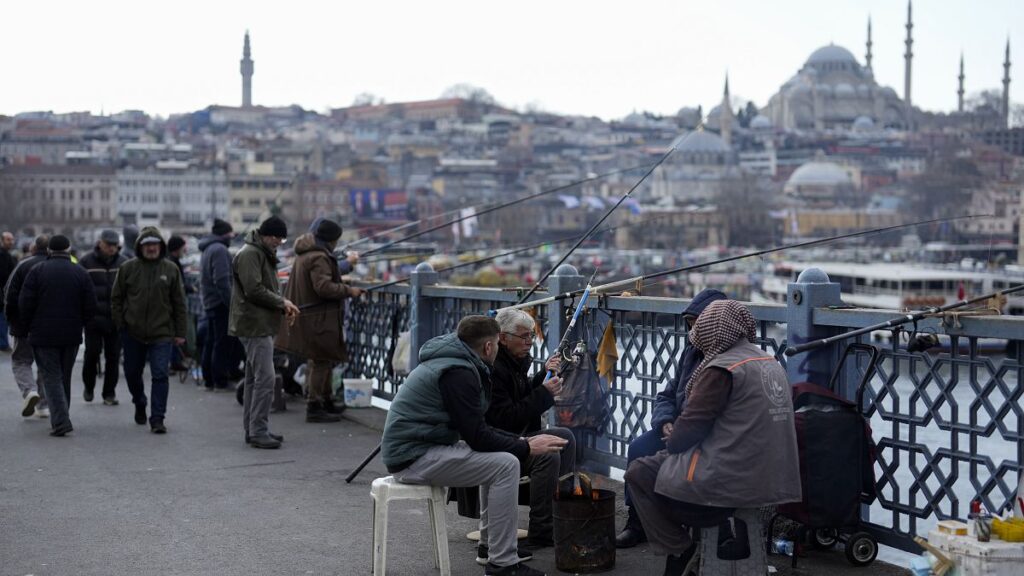Turkey’s inflation rate rose to a 15-month high in February, beating expectations and raising concerns about further interest rate hikes.
advertisement
The Turkish Statistical Institute said on Monday that the country’s annual inflation rate rose to 67.07% in February, higher than expected.
Analysts polled by Reuters had expected annual inflation to rise to 65.7% in February before falling to 42.7% by the end of 2024.
The monthly rate of increase in January-February was 4.53%, which was less than the previous month’s rate of increase of 6.7%, but significantly higher than the 3.7% expected in a Reuters poll.
This shocking result was mainly caused by price increases in the hotel, cafe and restaurant sector and inflation in the education sector.
Experts also suggest that the minimum wage increase introduced on January 1 had an impact on February’s statistics.
The end of stable interest rates?
Less than two weeks ago, Turkey’s central bank decided to keep its key interest rate unchanged at 45% after an eight-month tightening cycle, but that decision is now being called into question.
Some are now predicting further rate hikes, especially given the bank’s hawkish stance last month.
In changing its stance on borrowing costs, the central bank said in a statement: “We will tighten our monetary policy stance if we expect a significant and sustained deterioration in the inflation outlook.”
But while some are pessimistic about February’s inflation numbers, others argue that raising interest rates is just what the economy needs time to effectively move forward.
In an interview with Bloomberg HT shortly before the release of the latest data, Turkey’s Finance Minister Mehmet Simsek explained that inflation would be stagnant in the coming months, but expected it to decline throughout the year.
fall of the lira
The high inflation is also related to the weakening of the Turkish lira, which was trading at 31.53 liras against the dollar on Monday afternoon.
The value of the Turkish currency against the dollar has fallen by 40% in the past year and by 82.6% in the past five years.
This is due to a number of factors, notably the COVID-19 pandemic, political instability and Turkey’s unorthodox monetary policy.
Although he has since changed his tune, President Recep Tayyip Erdogan has controversially maintained for years that low interest rates help fight inflation and pressured Turkey’s central bank to reduce borrowing costs.
“The set of policies that we have in place now makes the lira attractive,” Simsek said in an interview with Bloomberg HT-TV on Monday.
“We want the lira to be neither overvalued nor undervalued.”
A currency is overvalued when imports are relatively cheap and exports are expensive. This means that fluctuations in either direction can harm foreign trade and domestic businesses.


